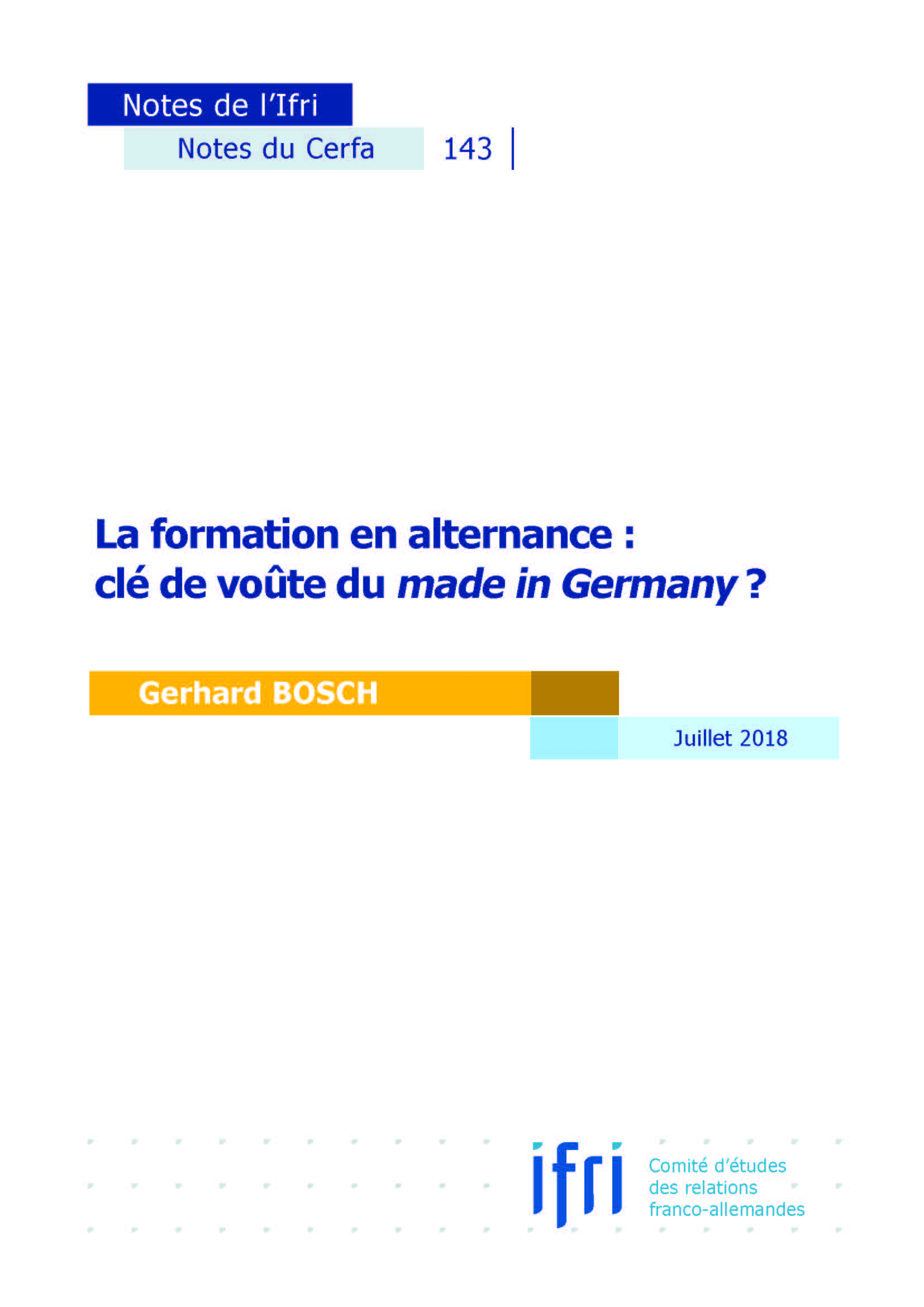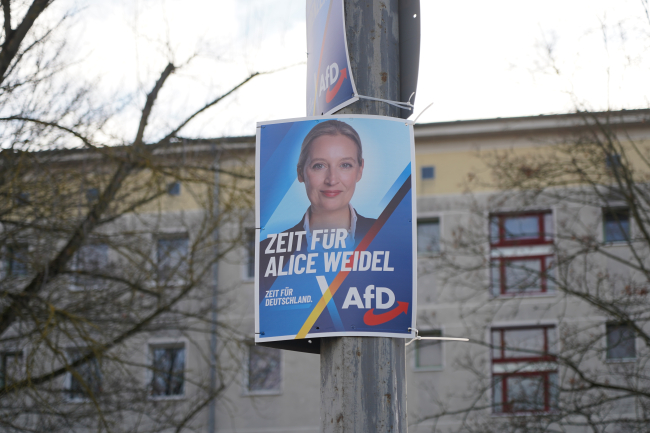Dual system of professional training: keystone of "made in Germany"?

The German dual system of professional training is seen as an international reference model. It aims at training qualified employees for an innovative economy rather than being the last resort for less able pupils. Parents and adolescents regard apprenticeships as an entry ticket to a good job with career opportunities; companies value the advantages of practice-oriented training in situ conceived in cooperation with its own professionals as this spares them the costs of integrating school graduates.

The modernisation of professional training in combination with more flexible forms of work organisation partly explain the recovery of the German economy in the mid-90s. Social partners and politicians feel responsible for the creation of adequate numbers of apprenticeship positions – even when year groups are particularly large or in times of crisis. Contrary to the situation in many other countries, young people in Germany do therefore not become outsiders that carry the burden of crises.
However, the problems of the dual system cannot be ignored. The undermining of the German collective wage system that is unable to guarantee appropriate wages has led school graduates to prefer university studies over professional training schemes. Particularly in the poor wage sectors apprenticeships are becoming less and less attractive.
This article is available in French and German only:
- Das duale System der Berufsausbildung in Deutschland
- La formation en alternance : clé de voûte du made in Germany ?
Related centers and programs
Discover our other research centers and programsFind out more
Discover all our analysesFriedrich Merz and the Zeitenwende 2.0. A “New Era” for Transatlantic Relations?
On February 23, 2025, almost 60 million voters were called upon to elect a new Bundestag. These elections will also give rise to a new government in Europe's largest economy.
After the Elections: Germany in Search of Shaken Stability?
With a voter turnout of 82.5%, Germany recorded its highest participation since 1987—an increase of 6.1 percentage points compared to 2021. As in the previous election, the high turnout particularly benefited the Alternative for Germany (AfD), which was able to mobilize many former non-voters. Many voters sought to punish the outgoing government with their ballots, as its approval rating had dropped to just 14% before the coalition broke apart in November 2024. Germany is now very likely heading toward a grand coalition between the CDU/CSU and the SPD, with exploratory talks having begun on February 28.
The German Greens as an Alliance Party: The End of an Illusion?
At the Wiesbaden Congress in November 2024, Robert Habeck, currently Minister for the Economy and Climate, was nominated as the Green Party’s candidate for the Chancellorship in the early parliamentary elections on February 23, 2025. The party, founded 45 years ago, is now firmly established in the German political landscape. Wishing to turn the page on an unloved ‘‘traffic light’’ coalition, the party is banking on a personal campaign and an optimistic discourse based on the energy transition and social justice.
The rise of the AfD and the choice of radicalism
Founded in 2013, the Alternative für Deutschland (AfD) has become increasingly radical as crises have unfolded. Since 2015-2016 and the massive influx of immigrants into Germany, it has positioned itself as a virulently anti-migrant party and continues to consolidate its foothold in the German political system, particularly in parliaments. While its roots are very strong in the eastern regions, where its main strongholds are located, it is also attracting more and more voters in the west, against an overall backdrop of normalization of the far right and a national context marked by strong economic and political destabilization.











